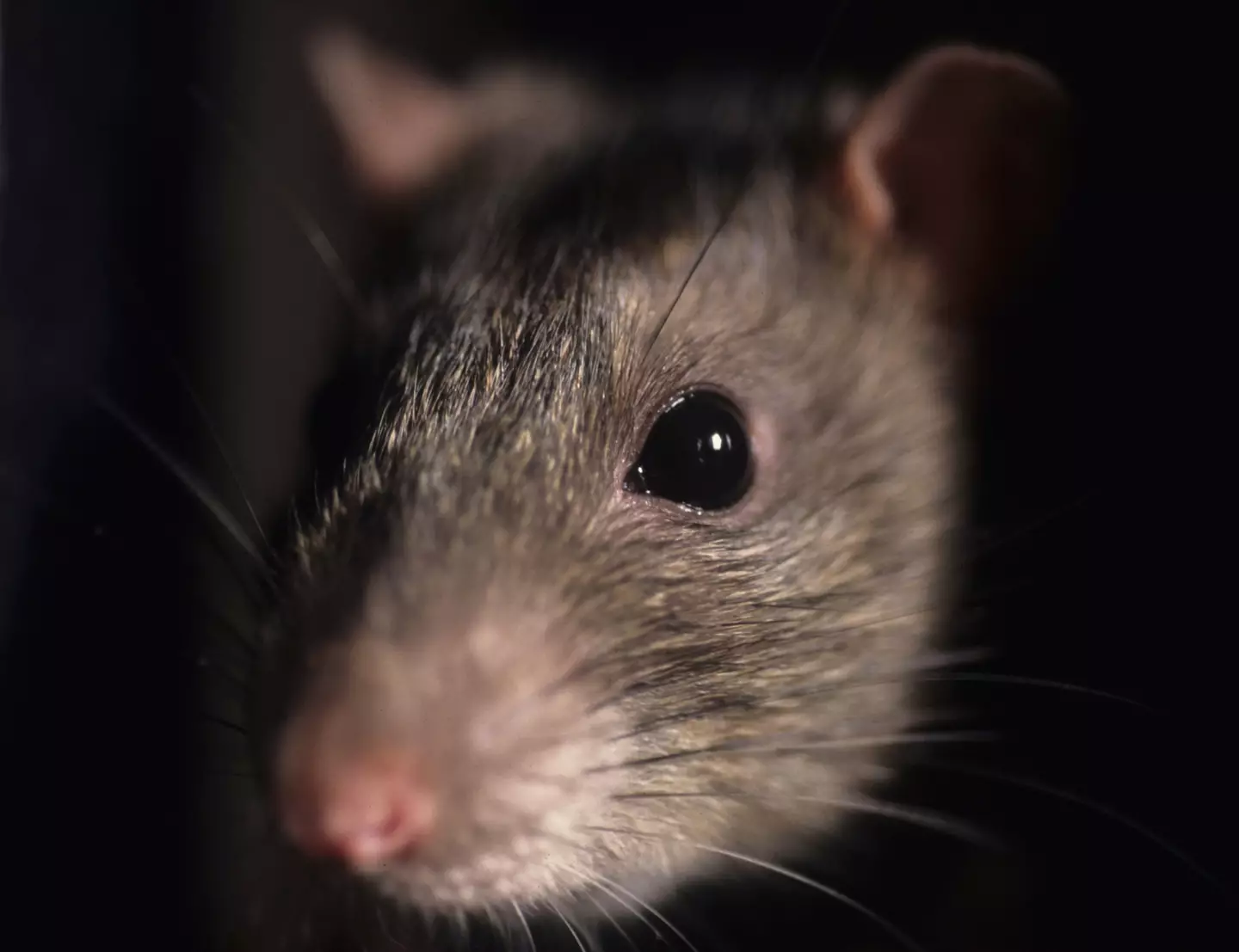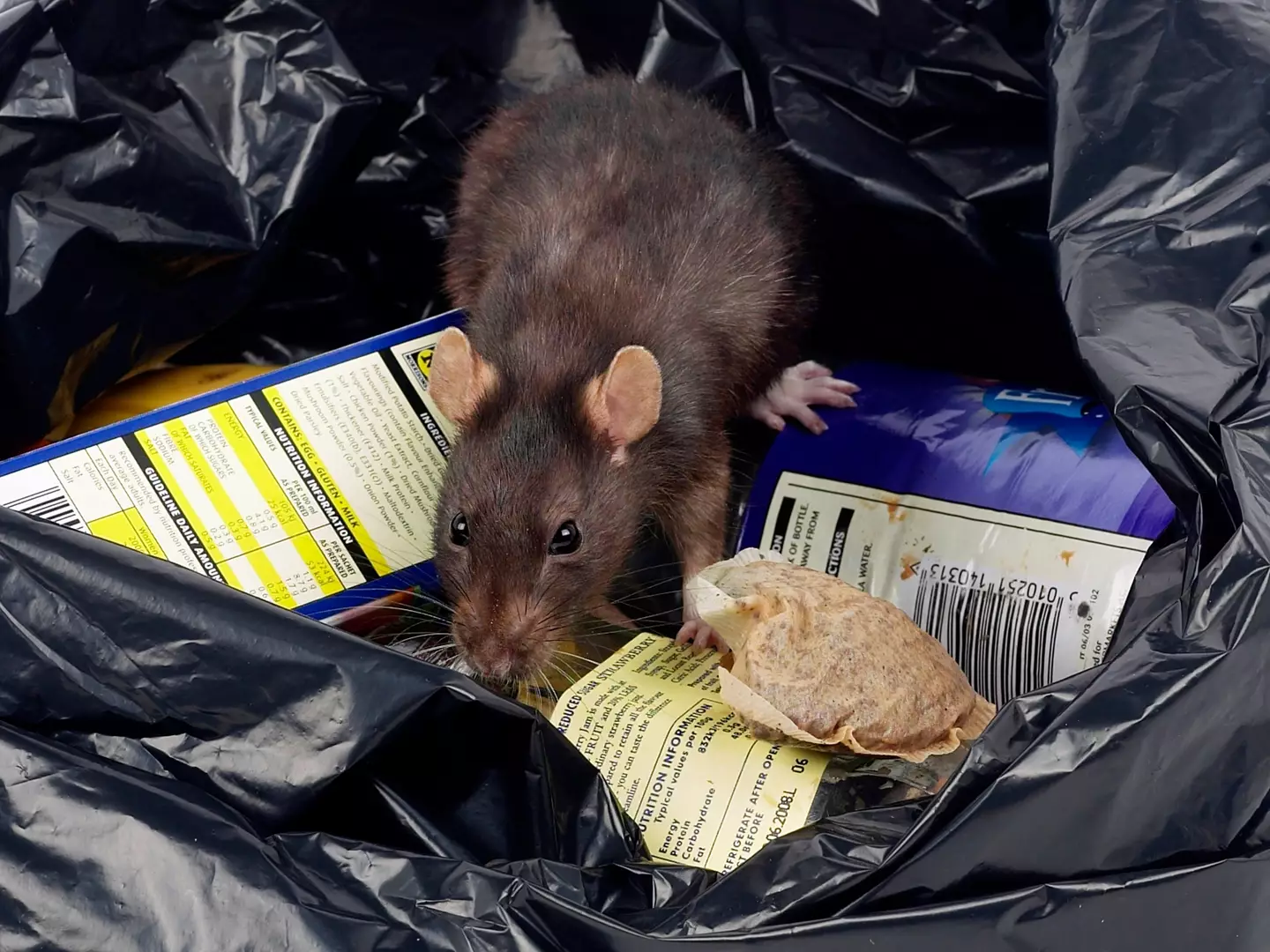.png)
An expert has warned about a new breed of ‘super rodent’ that could pose a harm to human health. Is it really too much to ask to just have one normal year?
Over the last two decades, pest mice and rats in the UK have become resistant to a common type of poison used to kill them.
According to the Mirror, 95 percent of mice and 78 percent of rats have developed genes that help them tolerate poisons known as anticoagulant rodenticides - a common pesticide that works by stopping the rodent’s blood from clotting.
This may be cause to celebrate for the mice and rats who don’t want to die after inadvertently tucking into some poison, but it’s not good news for humans.
Advert
Pest expert Dr Alan Buckle told the news outlet that the gene - which has been found in rodents throughout the country - could be a ‘threat to human and animal health’.
He said: “Continued use of anticoagulant rodenticides against resistant rats or mice has serious downsides.

“These include incomplete control of the rodents, which leads to threats to human and animal health, a faster spread of surviving resistant rodents and long-term survival of resistant pests that carry poison residues that could then be eaten by predators.”
The British Pest Control Association told the Sun the spread of these so-called ‘super rats’ has been sped up due to people attempting to treat pest infections themselves.
Advert
The BCPA said: "The trouble is that people who try to treat problems themselves are likely to be making the problem worse.
"The rodents have become resistant and, in some cases, immune to off-the-shelf poisons to the point where they're actually feeding off the toxic pellets, which means their size and strength is increasing.
"Stronger rodenticides can be more effective, but most are subject to strict legislation and must only be used by professional pest controllers.

"So it has become very important to make sure infestations are treated by experts in the field."
Advert
Explaining how the ‘super rats’ continue to flourish, they added: "Normal rats are being killed off by poison, so these resistant species are taking their place.
"It's only natural that their numbers are expanding and there could be a significant risk to public health if their population is left unchecked.
"Rats must be dealt with by a professional pest controller who knows the area in question and their likely habitat, and knows how to treat any particular strain."